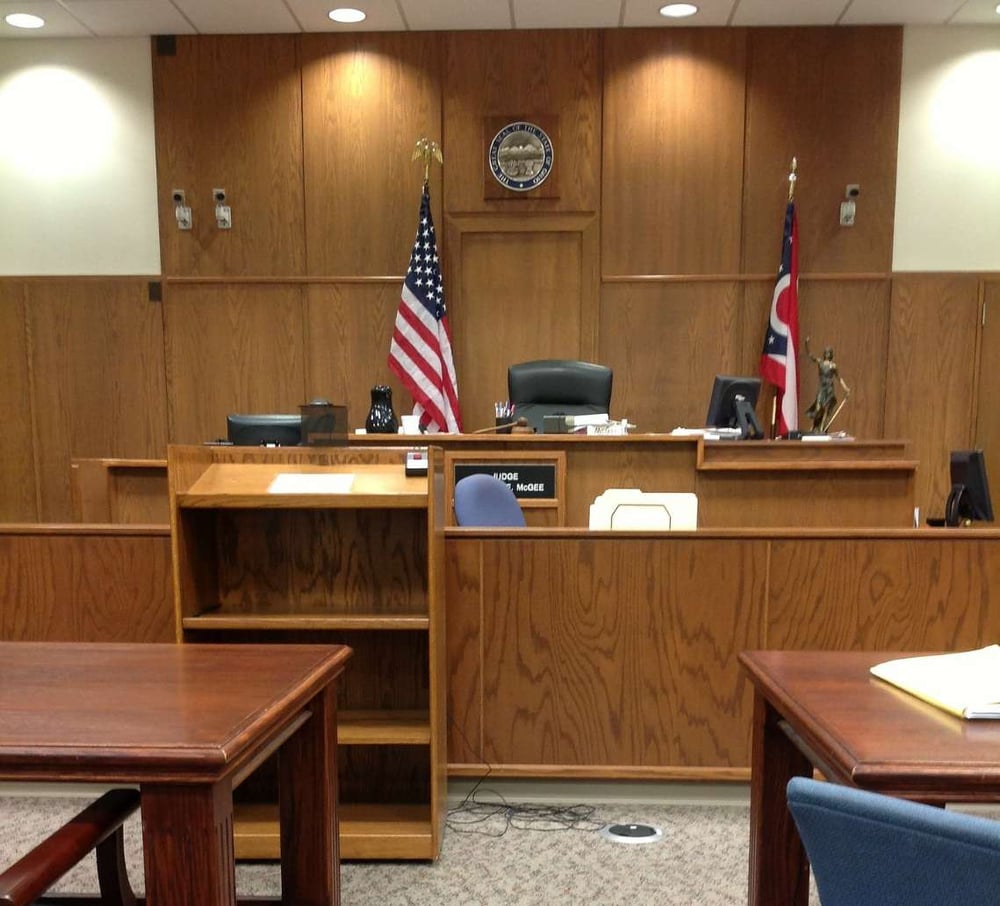If you’ve been charged with a drug offense in Wisconsin, it’s important to take what might seem like minor charges very seriously. The consequences of a criminal conviction of any kind on your record can have a drastic impact on your life regardless of the penalties you receive in the short-term.
Although it may feel like we’re in the midst of what will turn out to be a nationwide shift in opinion on drug use in the United States, it’s important to realize that Wisconsin drug possession laws are still strictly enforced all across the state. As with just about any other law in the books, state authorities don’t take drug offenses lightly, so neither should you.
Drug convictions can carry significant fines and jail time. As I mentioned above, however, these aren’t the only consequences. With a stained record, you may find yourself unemployed and without a clear path forward after a conviction. Especially for those who find themselves facing felonies, the long-term impact of a drug conviction can be devastating.
Drug Possession Laws And Penalties in Wisconsin
“Possession” is a loose term when it comes to Wisconsin’s drug laws. While having possession in football means having physical contact with the ball, drug possession charges in Wisconsin don’t require the suspect to be holding anything on their person at all.
State law only requires that you have the drugs “under your control.”
The terminology is intentionally vague in order to encompass the seemingly endless number of situations where officers may encounter an individual with drugs nearby. For instance, a possession charge can be valid if drugs are found in your car or home, even if you’re not present at the time of discovery. Similarly, you can be shown to be in possession of a drug simply if it was in your reach at the time.
Below, I’ve outlined five of the more commonly encountered drugs along with the offense classification and maximum penalty.
Marijuana
First Offense: Misdemeanor Maximum Penalty: 6 months in jail / $1000 fine
Second Offense: Felony Maximum Penalty: 3 ½ years in jail + $10,000 fine
Cocaine
First Offense: Misdemeanor Maximum Penalty: 1 year in jail / $5000 fine
Second Offense: Felony Maximum Penalty: 3 ½ years in jail + $10,000 fine
Methamphetamine
First Offense: Misdemeanor Maximum Penalty: 1 year in jail / $5000 fine
Second Offense: Felony Maximum Penalty: 3 ½ years in jail + $10,000 fine
LSD
First Offense: Misdemeanor Maximum Penalty: 1 year in jail / $5000 fine
Second Offense: Felony Maximum Penalty: 3 ½ years in jail + $10,000 fine
Heroin
First Offense: Felony Maximum Penalty: 3 ½ years in jail + $10,000 fine
Of course, these are just a few of the types of illicit substances commonly found in drug offenses. In addition to these and other illegal substances, there are also significant penalties for those who abuse prescription drugs as well. The laws surrounding these substances can get exceedingly complex, which is why it’s always best to speak with an experienced criminal defense attorney in your area.
Conditional Discharges and Sentence Enhancements
For those who are experiencing their first offense, you may be eligible for a conditional discharge under Wisconsin law. If you’re not familiar with the concept, this means that before a judgment is entered, you’ll have the opportunity to serve a period of probation instead.
If you’re able to complete this probation successfully, you’ll be issued a discharge and the charges will be dismissed.
Probation almost always includes random drug testing, meetings with an assigned probation officer, employment requirements, and addiction treatments if the court deems them necessary.
Contrary to this, there are also certain situations that can potentially enhance or increase your sentence.
Criminal history, location of the crime, and other factors can potentially make your situation worse. If, for instance you were charged with a crime on state property at the time, you’ll most likely face an additional community service requirement along with the standard penalty.
Contact an experienced Criminal Defense Attorney Immediately
If you or someone you know is facing drug charges, it’s crucial to consult with an attorney who can explain to you what you’ve been charged with, what kind of consequences you’re facing, and how best to proceed.
Wisconsin’s drug laws are complicated, but an experienced criminal defense attorney can sit down with you to make sure each aspect of the case is clear to you.
If you’ve been charged with a drug offense, it’s crucial to secure skilled legal counsel as soon as possible. Contact an experienced Madison criminal defense attorney Patrick Stangl today for a free consultation.
Stangl Law Offices, S.C.


